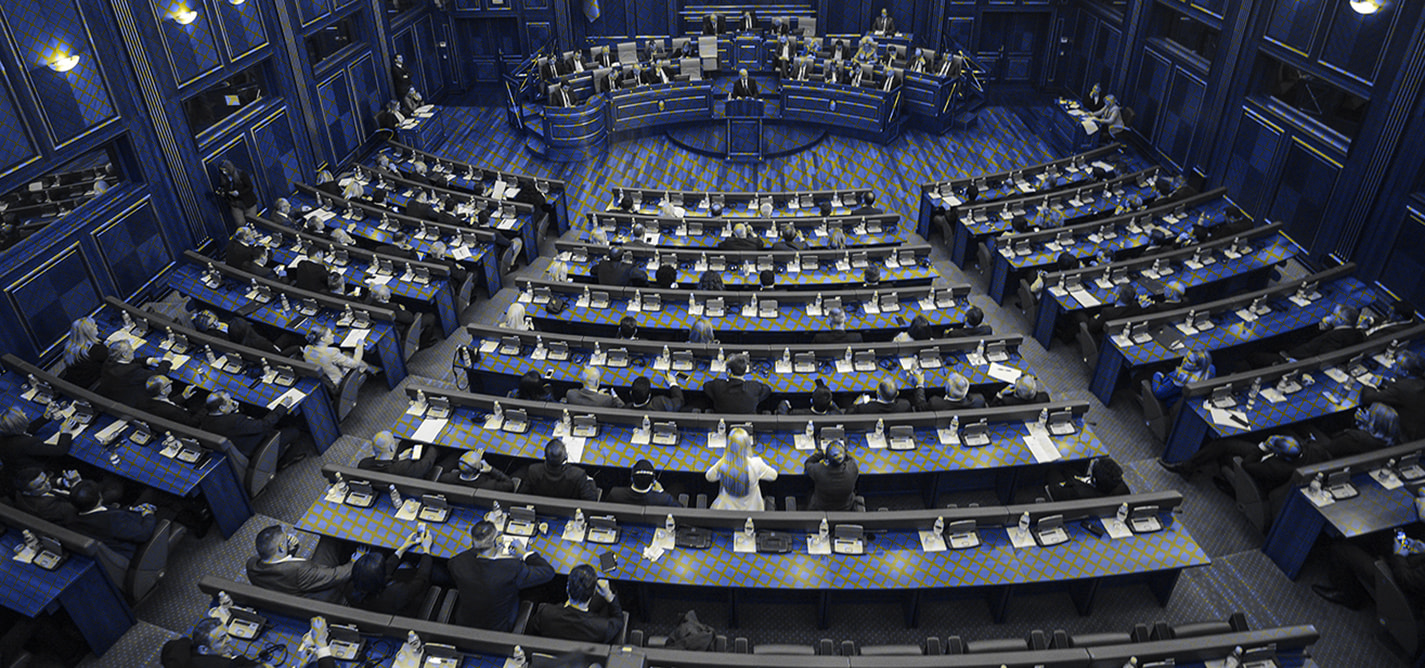
Elections — a chance to change the system, or simply change the government?
What we can expect based on past experiences.
|21.08.2019
|
It is unlikely that one of the parties will manage to form a government on their own in the near future.

Blerim Vela
Blerim Vela served as Chief of Staff to the President of Kosovo (2021-2023) and holds a PhD in Contemporary European Studies from the University of Sussex.
DISCLAIMERThe views of the writer do not necessarily reflect the views of Kosovo 2.0.
This story was originally written in Albanian.